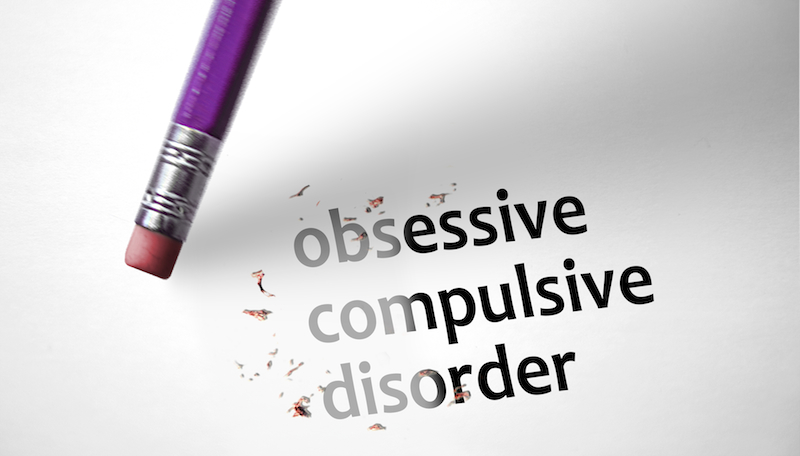Treatment Objectives
OCD Treatment
OCD Treatment (Obsessive Compulsive Disorder)
Suffering from Obsessive Compulsive Disorder is a debilitating inner crisis that requires treatment not only to relieve the symptoms but to understand why they exist and to challenge / break the belief systems keeping them alive. OCD treatment is typically one of prescribed anti-depressant or anti- anxiety drugs and cognitive therapy to resolve the anguish experienced by the patient.
Medication for the treatment of OCD
Antidepressants (SSRIs)- taken as tablets or capsules.
- fluoxetine
- fluvoxamine
- sertraline
- venlafaxine
Psychotherapy for OCD Treatment
In order to get control over obsessive compulsive disorder and its tendencies, OCD treatment will start with psychotherapy. The most effective psychotherapy has been found to be one of Exposure and Response Prevention (ERP), coupled with medication. ERP has fairly good evidence supporting its use in OCD treatment. The medication that is advised to couple up with ERP are within the class of medications called serotonin reuptake inhibitors, or SRIs.
If a patient’s OCD proves resistant to treatment, there are other more drastic OCD treatments such as:
- Brain Surgery
- Gamma Knife
- Deep Brain Stimulation (DBS)
Medicinal Cannabis Treatment for Obsessive Compulsive Disorder (OCD)
Research implies that the two systems (serotonergic and the cannabinoid system) interact and together they control the repetitive behaviours of the OCD patient.
Researchers in Brazil have discovered that a constituent of the cannabis plant called CBD may have a positive effect on the symptoms of OCD (Obsessive Compulsive Disorder). Cannabidiol (CBD) which is one of the most common substances found within the cannabis plant, is a non- psychoactive compound.
Published in journal Fundamental Clinical Pharmacology
Dr. Francisco Guimarães of the University of Sao Paulo School of Medicine
Tested CBD on rats treated with mCPP. (for activation of OCD symptoms)
Even at a very low dose, the results were very interesting. The CBD managed to reverse the obsessive-compulsive behaviour, that was caused by the mCPP drug. It is proposed that a relief from this disorder may be due to the interaction of serotonergic and cannabinoid systems.
Obsessive Compulsive Disorder (OCD) Statistics in Australia
About three in every hundred people will develop OCD at some time in their lives – that is more than 450,000 Australians.

What is OCD?
OCD, Obsessive Compulsive Disorder is an anxiety disorder where the patient experiences recurring thoughts, compulsions and obsessions that interfere with their daily routine. When someone suffers from OCD, their anxiety leads them to engage in repetitive behaviours to appease their fears and neutralize them with a compulsion.
OCD patients find themselves obsessively washing their hands or cleaning their home and personal possessions. This is oftentimes due to a fear of contamination or they may have an obsession with cleanliness and keeping things in order. Some OCD patients engage in counting or hoarding objects. Safety checking is another obsessive compulsive symptom that appears with this anxiety disorder.
Causes of OCD (Obsessive Compulsive Disorder)
There are genetic and environmental influences in the diagnoses of OCD. Biologically OCD has link ups with neurological factors as well as irregular levels of seratonin. OCD is also developed as a result of learned behaviour. Parents who have OCD can pass their obsessive behaviours onto their children and must be made aware of this, so they may make the necessary amendments.
Symptoms of OCD – Obsessive Compulsive Disorder
- Obsession towards cleanliness
- Counting
- Hoarding
- Obsessive Checking for Safety
- Sexual Issues
- Issues with Morality
Clinical Studies / References:

